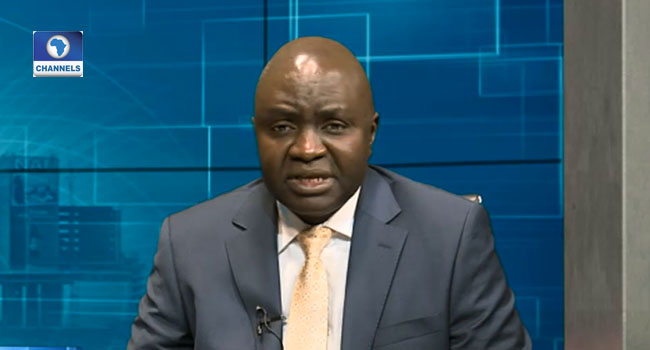The Lagos Chamber Of Commerce and Industry (LCCI) says that the recent pronouncement by the Central Bank of Nigeria (CBN), on the exclusion of all forms of textile materials from the forex market has ‘grave implications’ for businesses in the fashion, tailoring, and garment industry in the country.
In a statement signed by the Director-General, LCCI, Muda Yusuf, the chamber noted that its submission was not to diminish the importance of the local textile industry in any way or the significance of the nation’s industrialisation, but to underscore the importance of a strategic approach to industrialisation.
“This industry is one of the fastest growing industries and has created amazing opportunities for many young Nigerians to express their creativity and innovation. The sector is estimated at N5 trillion, creating about 500,000 jobs. The policy contemplation of the CBN will put all of these at risk.
READ ALSO: NNPC Records N12.13bn Excess In December 2018
“The starting point is to strengthen the capacity of domestic industries, enhance their competitiveness, and reduce their import dependence as espoused in the Nigeria Industrial Revolution Plan (NIRP),” the statement added.
The chamber also reiterated the importance of power in the revitalisation of the textile industry, while also calling for a stronger collaboration in policy formulation and implementation.
According to him, “It is almost impossible to achieve rapid industrialization without resolving the issue of power and the deficit in key infrastructure. Textile production is energy intensive. This is a high energy cost environment and it is very difficult for any energy intensive sector to survive.”
He called for collaboration and coordination among the CBN, the Finance Ministry, Budget and Planning and Trade and Investment on trade policy issues.
“The boundaries of monetary policy need to be properly defined. Exclusion of sectors from the forex market is not a monetary policy issue. It is trade policy matter,” he said.




